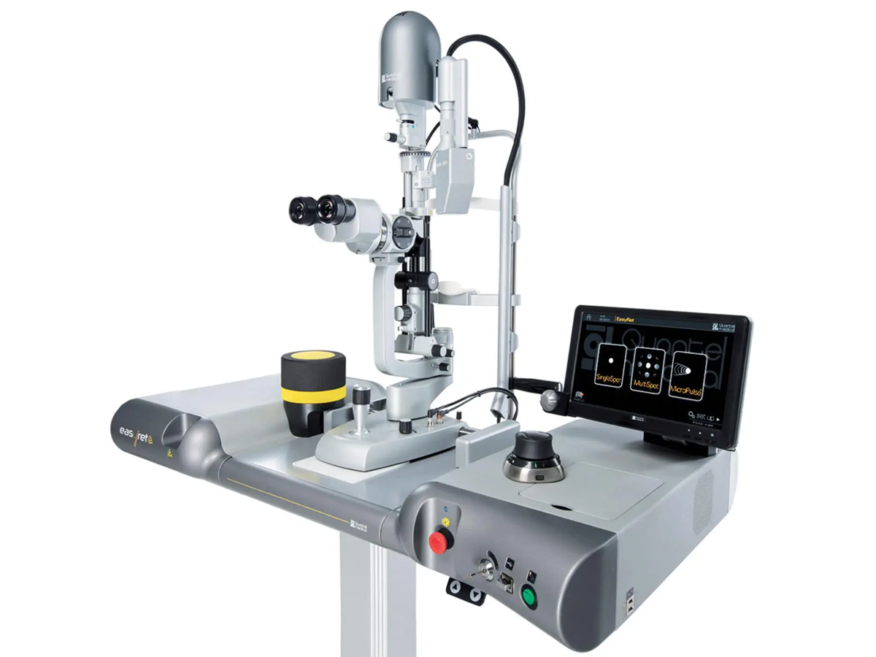Retina Treatments
CODET Vision Institute provides minimally-invasive treatment options for retinal conditions, including detachment and AMD. Treatment is tailored to the individual and may include injections or…
Condition
Anyone with diabetes is at risk of developing Diabetic Retinopathy. Without early detection and treatment, it can permanently damage the retina.
All diabetes patients, whether Type 1 or Type 2, are at equal risk for diabetic retinopathy, which is one reason why it is so important that they undergo frequent, regularly scheduled eye exams. However, even with regular exams occurring, diabetic retinopathy can present quickly. Diabetes patients must pay attention to any sudden vision changes and schedule an eye exam immediately, regardless of how recently they had their last exam to rule out this condition.
The primary cause of diabetic retinopathy is diabetes. High blood sugar can damage the retina’s essential small blood vessels, or even block them completely, leading to several complications.
Prevention is the best course of action, as it can be impossible to fix vision damage from diabetic retinopathy once it has begun. However, damage can be prevented or halted, but only if the patient maintains regular, comprehensive checkups and eye examinations.
Both types of diabetic retinopathy are well-known and highly treatable if caught in time. Due to advances in laser technology, medications, and other treatments, more diabetes patients than ever are able to maintain good vision throughout their lives. However, this is only possible when diabetic retinopathy is caught in the early stages.
Eye surgeons cannot reverse the damage caused by diabetic retinopathy, but if caught in time, modern treatment options may help slow its progression and prevent further vision loss.


Some of our technology and machines that specifically help treat diabetic retinopathy:
A quick and easy look on diabetic retinophaty.